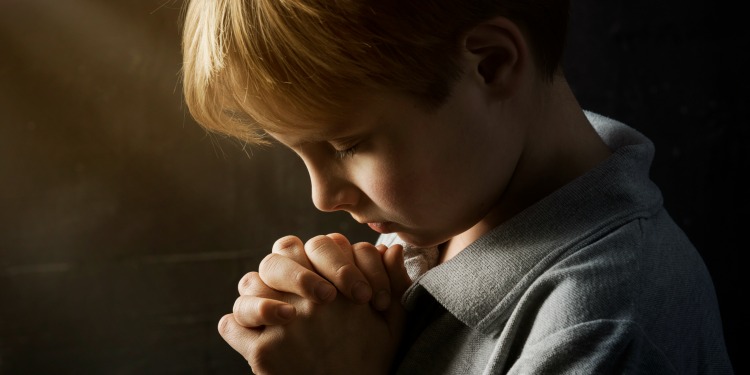Jacob’s Sword and Bow
The Fellowship | December 27, 2017

“And to you I give one more ridge of land than to your brothers, the ridge I took from the Amorites with my sword and my bow.” — Genesis 48:22
Is there a science to prayer?
Studies about the efficacy of prayer are inconclusive. Some studies prove that prayer helps, while other studies produce results that suggest otherwise. Ultimately, it’s hard to study something that can’t be seen or measured. For believers, it’s from faith and experience that we know how deeply prayer impacts our lives.
However, even among those of us who believe, is there a science to our prayers? Are some prayers more effective than others? According to Jewish tradition, the answer is yes, and Jacob shared two of the most valuable tips in this short verse.
As Jacob neared the end of his life and bestowed blessings upon his children, he blessed Joseph with a double portion of land. Among that land was the city of Shechem, “the ridge I took from the Amorites with my sword and my bow.” The city of Shechem became inseparable from Joseph. He was buried there, and people still pray there at his tomb today.
Although there is no doubt that Jacob bequeathed the city of Shechem to Joseph and his descendents forever, we do have to question how Jacob received this land. While Jacob said that he captured it with his own sword and bow, the Bible clearly tells us that Simeon and Levi captured the city after the inhabitants disgraced their sister Dinah (Genesis 34:25). How could Jacob claim credit for conquering Shechem and then give it away to another one of his sons?
The Jewish sages explain that Jacob’s terms “sword and bow” refer to his “prayers and supplications” before God. Jacob recognized that anything done on a physical level had a spiritual cause. While Simeon and Levi may have been successful at physically capturing Shechem, it was Jacob’s prayers that led to their success. According to Jacob, prayers and supplications are the real instruments in life, and they are the cause for our victories and successes.
But that’s not all that Jacob revealed about the power of prayer. The terms “sword and bow” also teach us about the most effective ways to pray. Just as a sword is most effective when it is sharp, so, too, are our prayers most piercing when they are focused and defined. Just as an arrow travels the farthest when it is most drawn back on the bow, so, too, do our prayers travel “closer to God” when they emanate from the deepest depths of our hearts.
So next time we pray, let us remember to bring Jacob’s sword and bow with us. Let us clearly and concisely express to God our deepest, innermost requests and needs. Prayer is a powerful force, and we are wise to make use of it.
To submit a prayer request to be taken to the Western Wall in Jerusalem, please go here. To download a free copy of Rabbi Eckstein’s newest teaching resource on prayer, Work of the Heart: Ten Biblical Lessons on the Power of Prayer, go here.
